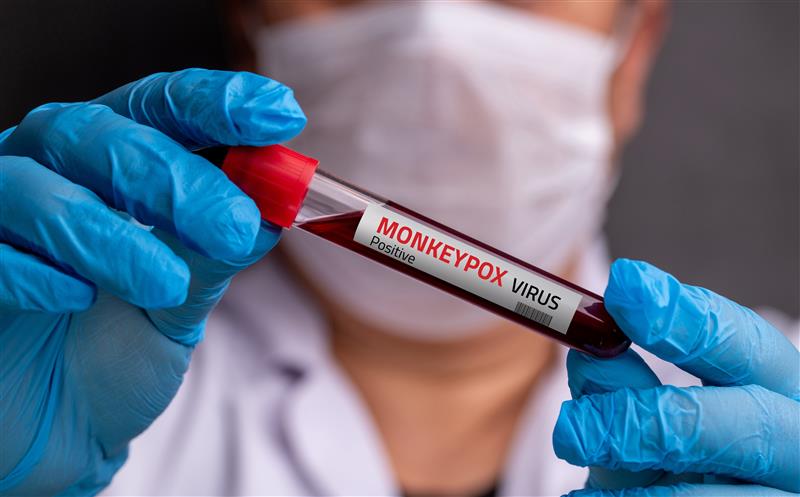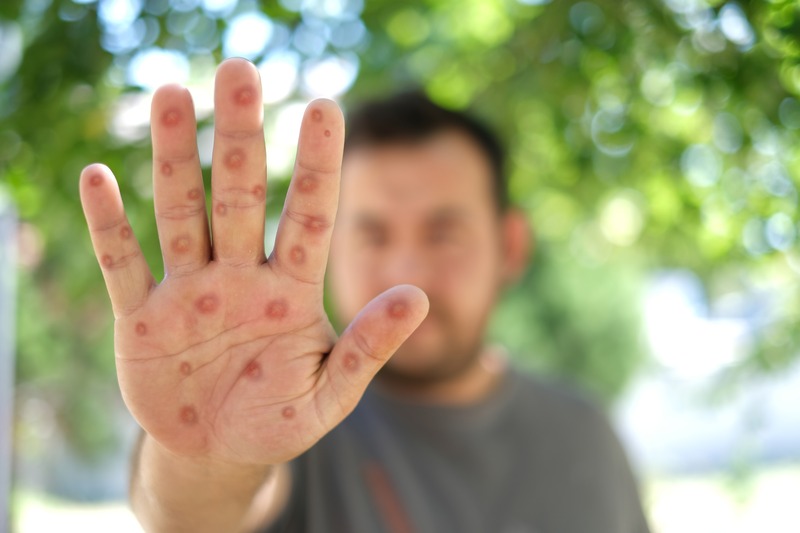
In the summer of 2022, the World Health Organization (WHO) has issued a global health emergency following an outbreak of a virulent strain of the mpox virus, a relative of smallpox, (formerly called monkeypox), as it quickly spread through countries where it had not been seen before. By May of 2023, cases had declined globally, and the WHO’s declaration ended. While cases continued to occur in smaller numbers, the disease became endemic and was contained through public health measures.

The infection, with a new subtype, known as clade 1b, is now spreading rapidly to an increasing number of countries in Africa, such as Burundi, Kenya, Rwanda and Uganda, prompting the WHO on Aug. 4 to once again declare it a public health emergency of international concern. On August 22 UNICEF reported a surge in mpox cases among children in parts of some African countries, including Kenya.
Maryam Othman, MD, MPH, Chief of Global Health Section, in the Department of Population Health Science, has been involved in global health response and research. She serves on the boards of a non-profit organizations: WiRED International, a volunteer position that has enabled her to bring a wealth of international-level experience to our students. WiRED International provides educational platforms for a wide range of medical and health-related issues for the past 3 decades. WiRED’s practice is to develop training modules early in the advent of a disease in order to prepare community health workers in low-resource (and conflict) environments, for their possible roles in recognizing and addressing illness among people in their communities.
In response to WHO’s declaration, WiRED’s team in Kenya, organized a special training session for the community health workers to ensure that they were fully briefed on the signs and symptoms of mpox, understood how it is transmitted and treated, demonstrated how to clinically identify mpox and learned about its prevention and control.
Mpox has only recently infected a small number of people in Kenya, but preparing well in advance of an outbreak is a vital part of WiRED’s CHW training program. Working directly within the community every day, they are likely to be among the first health workers to recognize the emergence of the virus. This “surveillance” function of CHWs is a critical part of their work. Their role is crucial to watch for illness and report outbreaks to health authorities. In low-resource areas there are never enough doctors and nurses to spot urgent health conditions, so CHWs act as first responders and everyday trusted monitors of the health of people in their community. WiRED’s CHWs knew that they needed to be fully prepared to spot suspected mpox cases among their populations and calm local fears amid growing alarms.


